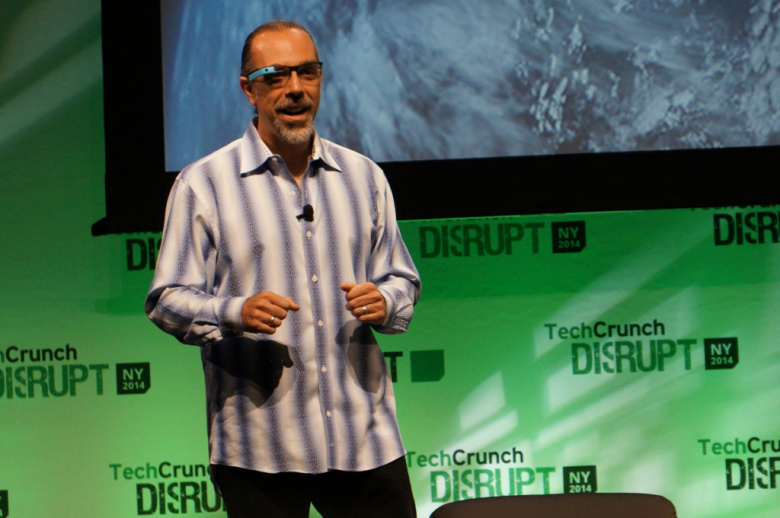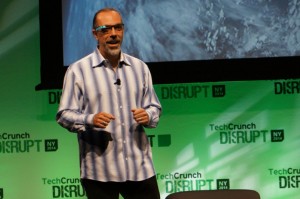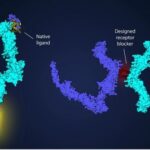May 9, 2014 – The Skunk works at Google is called Google X. It is run by Dr. Astro Teller (what a cool name for someone focused on the future) with a mandate to develop disruptive technologies that change the world. From its laboratories and think tanks have come autonomous vehicles, smart glasses and contact lenses that diabetics wear to monitor glucose levels.
So when asked at the TechCrunch Disrupt NY Conference held this week, comes the following. Google’s next “moonshot” projects may focus on energy and agriculture.
Google is already involved in the energy file, particularly renewables like solar. But the skunk works looks like it may focus on improving batteries. Making batteries more efficient is top of mind for lots of reasons. Lighter batteries that store more energy could make electric vehicles ubiquitous with distance range equal to if not better than fossil fuel-driven transport. Batteries that improve storage by a factor of ten could make solar and wind renewables work 24 x 7, making them as reliable as coal and natural gas energy sources. With Google X putting its mind, money and muscle to the task the hope would be to see these improvements become realities within a decade.
Even more interestingly, Teller at the conference talked about focusing on agriculture technology He made the following statement:
“It is the largest industry in the world. It is also the most inefficient industry in the world. It’s the cause of a lot of our solid waste and carbon emission problems….there’s so much opportunity there.”
For Teller, seen at the conference in the picture below, it is all about humanity doing better by designing technology that “vanishes into our lives.”
So what are the kinds of technologies that could revolutionize agriculture?
- Decision support systems to collect data on soil, moisture and plant health and advise farmers on application of seed, fertilizer, herbicides and pesticides.
- Developing new crop strains capable of handling the worst climate change can throw at us while providing equal or better yields than what we grow today.
- Maximizing field use through prescriptive planting rather than traditional uniform seeding and growing.
- Aerial drones to monitor the health of crops and improve field management.
- Robots for field management of seeding, irrigation, harvesting and fallowing.
Teller’s suggestion of focus on agriculture reflects a similar sentiment by Bill Gates whose Bill & Melinda Gates Foundation is also looking at applying new technology to improve agriculture. Gates notes that 15% of the world’s population lives in on subsistence farms not knowing whether what is being grown will provide sufficient food for individual families let alone surpluses.
Gates talks about the $3 billion spent on agricultural research today largely focused on seven staple crops. Half of the money is coming from governments while the rest comes from the agrochemical industry, companies like Monsanto, Dupont and BASF.
In 2013 Google earned $60 billion in revenue with a profit of $13 billion. That’s a lot of cash and if a portion were applied to the issue Gates raises, for the the 15% it could prove revolutionary.












